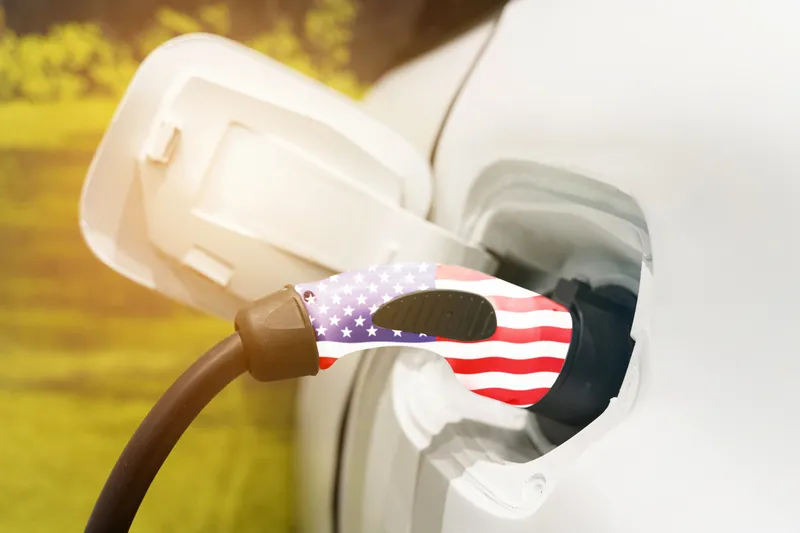John Hickenlooper, governor of Colorado, has announced the launch of the Colorado Electric Vehicle (EV) Plan to support EV infrastructure along the Western state’s corridors. The project aims to lay out goals to accelerate the adoption of these vehicles and has been delivered on a directive set forth in the July 2017 Executive order, Supporting Clean Energy Transition.
The plan has been developed in partnership with the Colorado Energy Office, Regional Air Quality Council, Colorado Department of Public Health and Environment and
This project involves five key action areas including creating strategies and partnerships to build out EV fast-charging corridors; coordinating with regional EV West memorandum of understanding (MoU) states on intermountain electric corridor and; developing strategic partnerships with utilities, local governments and stakeholders. In addition, it features updating signage and wayfinding requirements to include EV fast-charging and ensuring economic and tourism benefits to increase access for all Coloradans.
In October last year, governors of eight Western states signed the Regional Electric Vehicle West MoU for collaboration in developing an Intermountain West Electric Corridor. Interstates 70, 76 and 25 are included under Colorado’s commitment to the REV West plan.
Hickenlooper, said: “The Colorado EV Plan serves as a roadmap to build out a fast-charging network, giving Coloradans the ability to travel anywhere in the state in an EV. The plan includes a set of goals and strategies that ensure Colorado continues leading in adoption of EVs and leverages the economic development and tourism benefits.”
Colorado launch plan to support EVs on state highways
John Hickenlooper, governor of Colorado, has announced the launch of the Colorado Electric Vehicle (EV) Plan to support EV infrastructure along the Western state’s corridors. The project aims to lay out goals to accelerate the adoption of these vehicles and has been delivered on a directive set forth in the July 2017 Executive order, Supporting Clean Energy Transition. The plan has been developed in partnership with the Colorado Energy Office, Regional Air Quality Council, Colorado Department of Public
January 30, 2018
Read time: 2 mins







